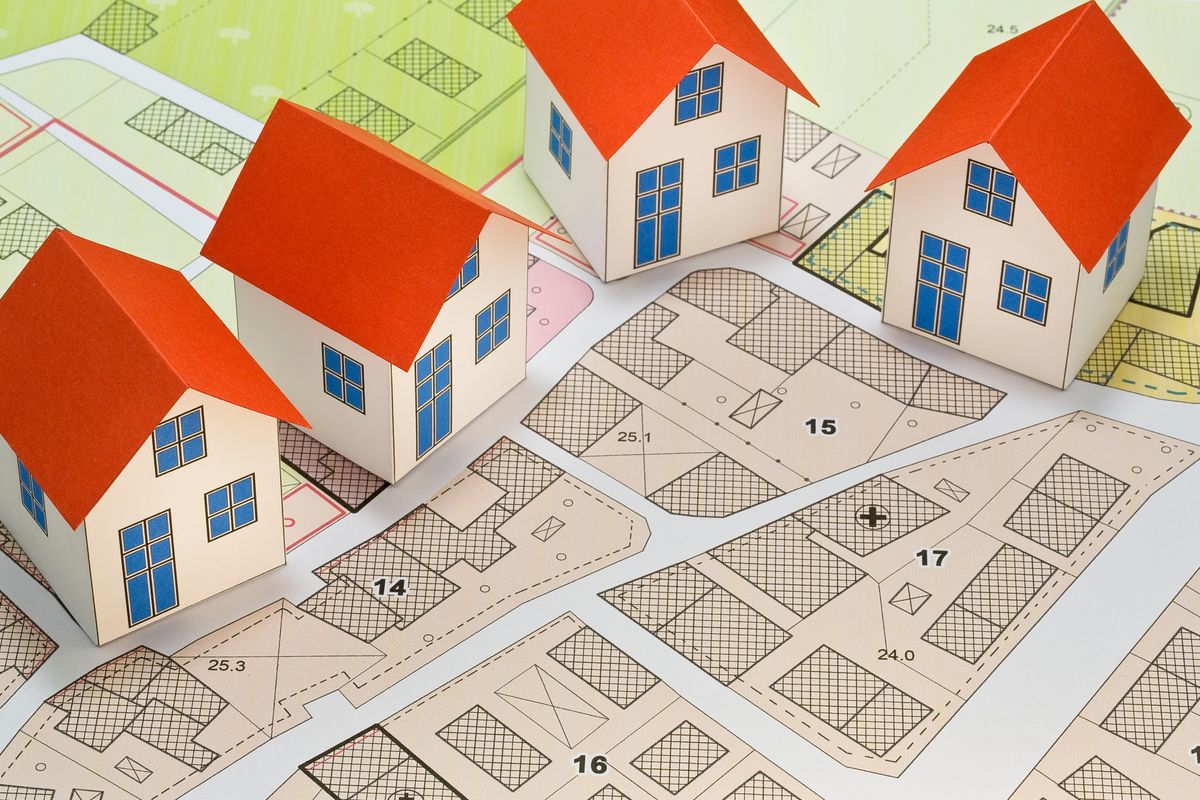It's Not the Teardowns, it's the Zoning.

I submitted the following piece to the Kansas City Star as an Op-Ed. Since I've not heard back from the Star regarding this piece and the election is close, I'm posting it here.
Prairie Village is at a crossroads. The problem before us doesn’t have simple solutions, but it does have simple consequences for ignoring it. Over the past ten years, Prairie Village has seen skyrocketing home prices and, by extension, the costs of owning a home.
Before diving into this further, I want to emphasize that this post isn't about demonizing people who live in or want new homes, but pointing out flaws in our system of planning. These flaws only favor those who are able to afford teardowns. I don't begrudge anyone wanting or living in a very nice home, but such homes can't be the only new thing we build in Prairie Village.
The shift in price has accompanied a remarkable change in Prairie Village’s neighborhoods. Known here as “the teardowns,” original homes in the area have been demolished and replaced with much larger homes. It’s not uncommon to see a house in the $200-400,000 range be replaced with one that asks for $1.5M on the market - for a home frequently two or three times larger. The city has passed zoning reforms restricting the size and scope of new builds, but the trend hasn’t abated.
I should note here that regulating teardowns requires zoning changes. You can't be against changing zoning codes, but for further restricting teardowns. It's all zoning. Our zoning codes have not been a static product for the past 70+ years. They've evolved and changed over time and continue to change in response to city wants and needs.
While residents talk about the imposing nature of new builds, I’ve sensed a more foreboding realization in many residents that it isn’t just how these new homes look but what these new homes mean. Some themes stick out: “If I tried to move here now, I couldn’t afford to,” and “I can’t move within PV because it doesn’t pencil out for me.” It’s not that the teardowns don’t match the aesthetic; they are the city pushing its residents out.
When I first ran for office in 2019, one of my main motivations was to figure out what to do about these teardowns. I believed they were a problem with developers trying to maximize profits on an unsuspecting city. It turned out that this was an oversimplification.
Prairie Village has fairly restrictive zoning. Substantial minimal lot sizes, restrictions on family units residing in a home, rules on owner-occupied rentals, and arbitrary restrictions on how many condos or apartments can be built on an acre of land. With such tight constraints, it’s evident that the only new housing that can be built must be luxurious. When the market accounts for the cost of replacing an existing home, it demands that the new home must be more expensive to make up for the price of the current house. Our zoning only allows for replacing more affordable homes with less affordable homes. Teardowns in Prairie Village are the product of our zoning. Existing government regulation is making housing less attainable. This story isn't unique to Prairie Village; it's happened other places and will continue to happen so long as cities ignore this problem.
So that leaves the city with the question: how do we balance the rising long-term costs of the city, provide for more attainable housing costs instead of only luxury inventory, and make attempts to preserve the town? We already know what doing nothing will deliver us: a luxury city for the wealthy. What does preserving Prairie Village mean? Does it mean holding to an aesthetic that makes it unreachable for most everyone, or does it mean diversifying our options and our possibilities for a more inclusive city, more true to what it currently is?
I believe in the latter option. The city’s exploration of revisions to the existing zoning code started in committee and sent by Council to the Planning Commission a year and a half ago, is how we best keep our city on track fiscally and inclusive to the most people. Better planning and zoning is the way.
I encourage voters to vote for candidates who will continue this work. We know where inaction will lead, and it will be for a Prairie Village that none of us recognize. It will become an even more exclusive city destined for the wealthiest and not for the current residents, families, and workers in the city.
For a better, more inclusive PV, vote for:
- Inga Selders in Ward 2
- Bonnie Limbird in Ward 3
- Piper Riemer in Ward 4
- Ciara Chaney in Ward 5
- Ian Graves (me) in Ward 6